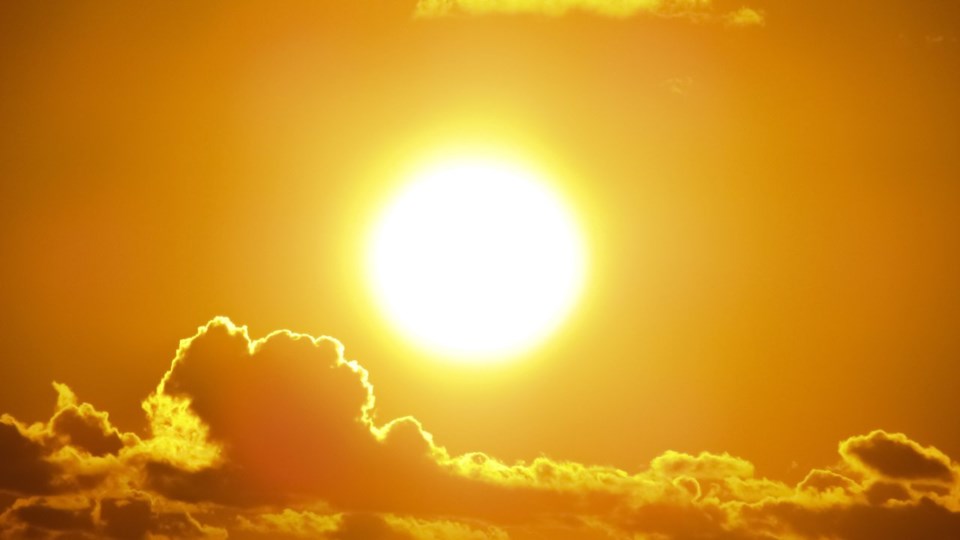With summer off to a hot start, recreationists should be careful of heat-related illnesses when enjoying the outdoors in Boulder County.
Just before 10 a.m. on Saturday, the Boulder County Sheriff’s Office received a report of a 31-year-old Louisville woman experiencing a heat related illness on Anemone Trail. Rangers arrived and provided medical treatment before evacuating her via letter to an ambulance, though the hiker refused further medical treatment.
With temperatures expected to hit the upper 90s later this week, people enjoying the outdoors should be aware of the elevated risk for heat exhaustion and heat stroke.
Boulder County Public Health advises people to avoid strenuous outdoor activities during the heat of the day. Local health officials consider adults over 65, children, individuals with chronic medical conditions, athletes and unhoused people some of the most at risk for heat related illness.
Symptoms of heat exhaustion include dizziness, thirst, heavy sweating, nausea and weakness. Left untreated, it can lead to heat stroke. Someone experiencing heat exhaustion should move to a cooler area, loosen their clothing, sip cool water and seek medical help if symptoms don’t improve.
Symptoms of heat stroke include a very high body temperature, confusion, dizziness and a loss of consciousness. If a person is experiencing heat stroke, call 911, move the person to a cooler area, loosen clothing and remove extra layers, and cool them with water or ice.
Heat stroke can cause death or permanent disability if emergency treatment is not given.
To prevent heat-related illness, Boulder County Public Health advises wearing appropriate clothing — lightweight, light-colored and loose-fitting. Try to limit outdoor activity to when it’s coolest, like the morning and evening hours, and rest often in shady areas.
When it comes to exercising or working in the heat, start slowly and pick up gradually. If the exertion makes your heart pound and leaves you gasping for breath, stop all activities and get into a cool area to rest.
Sunscreen is also important, public health officials advise, as sunburn can affect your body’s ability to cool down and can make you dehydrated. If you have to go outdoors, wear a wide-brimmed hat, sunglasses and reapply sunscreen according to package directions.
Another tip is to drink more fluids in the heat, regardless of how active you are. The health department says to not wait until you’re thirsty to drink and to avoid sugary, caffeinated or alcoholic drinks that can be dehydrating. Very cold drinks can cause stomach cramps.



